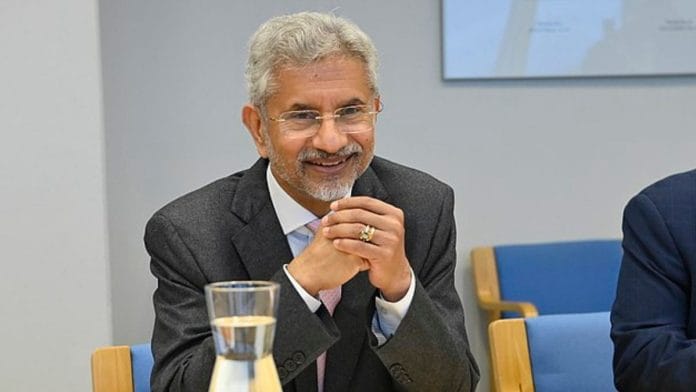Thank you dear subscribers, we are overwhelmed with your response.
Your Turn is a unique section from ThePrint featuring points of view from its subscribers. If you are a subscriber, have a point of view, please send it to us. If not, do subscribe here: https://theprint.in/subscribe/
The idea for the article stems from a book I was recently reading “1991: How PV Narasimha Rao made history” by Sanjay Baru. The book has been in circulation for over six years but I was able to get my hand on it only recently, the book details many policy initiates that were effectively executed but one quote stood out for me “Finance minister is like the number zero, its power depends on the number you place before it. The success of the finance minister depends on the support of the prime minister”. Here the author is alluding to the fact the prime minister can decide the power of ministers through the amount of autonomy he gives them. Though this logic applies to all cabinet and non-cabinet positions in the central government but holds high value for Cabinet Committee of Security (CCS) portfolios. In the case of External Affairs Ministry Modi placed number ten before zero effectively making the power of S. Jaishankar one hundred.
In principle and established power structure ministers for various portfolios are supposed to work at the pleasure of the Prime Minister but it doesn’t happen in practice, especially when it is a coalition government where non-performing and delinquent ministers are not fired owing to confidence requirements in Lok Sabha. Since Narendra Modi assumed the highest office in the country he is not constrained by parliamentary confidence requirements and was able to pick and choose his cabinet the way he wanted. This was a departure from previous three decades which was fraught by coalition compulsions and led to more bureaucracy and delay in implementation of various policy measures that were the need of the country. After Narendra Modi’s victory in 2019 general election the inclusion of S. Jaishankar among the people being sworn in was a surprise, however the majority of political editors guessed correctly about him getting the External Affairs portfolio. During Modi’s first term as prime minister he was often criticized and sometimes rightfully so about him spending too much time on foreign trips rather than focus on domestic issues. During his first term he made 92 trips to 47 countries which is close to twice as much as his predecessor during his first term. Due to his personal involvement in Foreign policy and making it the centerpiece of his first term, Sushma Swaraj was often relegated to secondary functions of External Affairs Ministry (EAM) like resolving passport and visa issues to Indian citizens struck abroad. She gained a lot of praise and adulation for her helping out people in need but the main duties of EAM was lost due to the overarching presence of Modi.
All this changed in Modi’s second term when he appointed S. Jaishankar as EAM, it was like the Manmohan Singh moment for Modi premiership. The similarities are hard to miss, Manmohan Singh was an expert in finance who worked in various finance departments of government before being appointed finance minister and similarly S. Jaishankar worked in various departments of foreign office before being appointed and External Affairs minister. Both were political novices who came to the parliament through Rajya Sabha nominations. In his second term Modi undertook 22 foreign trips whereas Jaishankar conducted 87 trips during the same time, empirical data suggests transferring foreign policy initiatives to Jaishankar and Modi allocating more time to domestic issues. After four years at the helm of foreign affairs we can conveniently say that Modi’s bet on External Affairs minister is proven to be correct. On many occasions either in interviews or public interactions he has been able to put forward India’s stance effectively and decisively. The proof of the pudding can be seen when recently German Chancellor Olaf Scholz quoted him saying he has a point when he said “Europe has to get out of the mindset that Europe’s problems are the world’s problems, but the world’s problems are not Europe’s problems”, I can’t remember a previous situation when any G7 leader quoted an Indian minister and suggested that he was correct. Additionally on many occasions last year he met with a hostile western press who were out to get their pound of flesh on buying discounted Russian oil, on all occasions he not only stood his ground but effectively rebutted their hypocrisy and defended India’s position.
Gauging from all the above achievements we can say that Jaishankar has delivered highly on the faith put on him. Other lessons from this experiment would be to find effective team leaders for as many cabinet positions as possible and give them autonomy to function. They should also be protected from political fallout similar to what PV Narasimha Rao did when Manmohan Singh was repeatedly attacked during his tenure as finance minister.
These pieces are being published as they have been received – they have not been edited/fact-checked by ThePrint.


